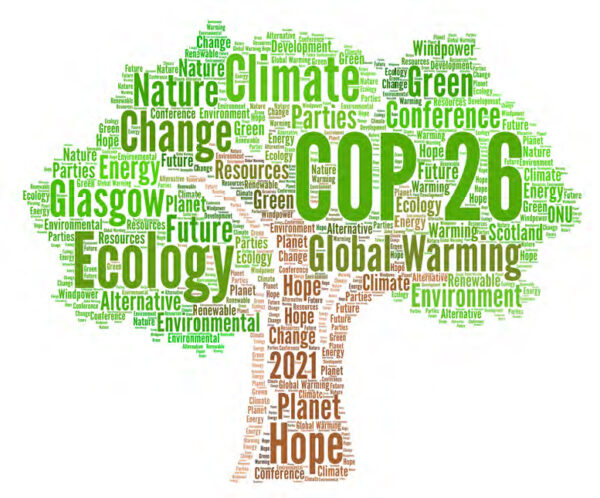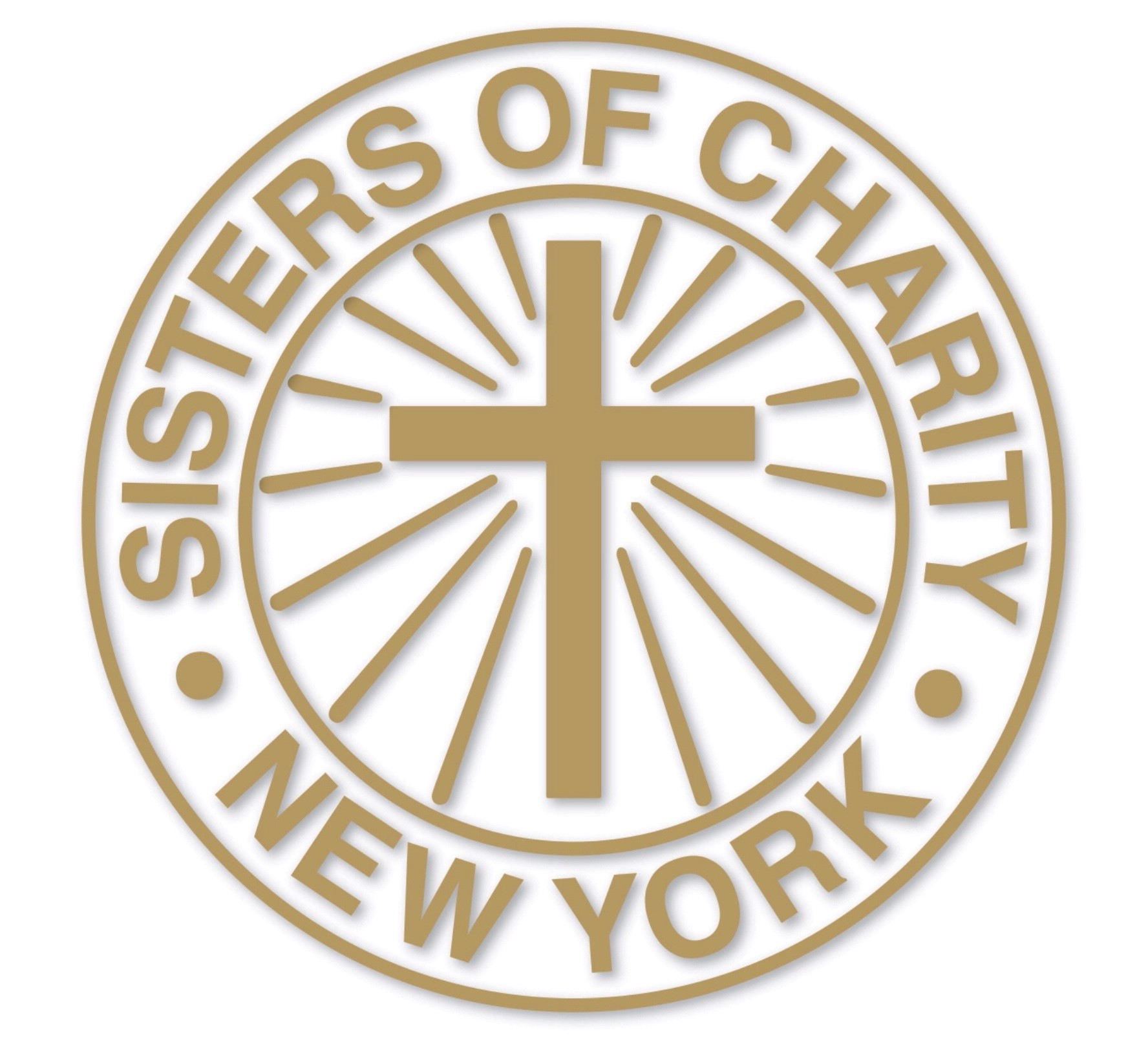With Sister Mary Ann Garisto
from the Office of Peace, Justice and Integrity of Creation
The following is from the Winter 2022 issue of VISION.
The main goal of the fall 2021 United Nations Climate Change Conference in Glasgow, Scotland, commonly known as COP26, was to avert the most catastrophic consequences of climate change by limiting the planet’s warming. By holding the temperature rise to no more than 1.5 degrees Celsius above pre-industrial times (1850-1890) by 2040 or sooner, we could collectively escape severe climate change. Scientists say that not doing so will put millions at risk of extreme weather conditions as well as numerous health issues.

Another goal of the conference was to hold countries accountable for their pledges to the Paris Agreement in 2015. Wealthier countries pledged to give $100 billion annually to developing nations to cover losses and damage already caused by climate change. Wealthier nations failed to fulfill their pledges.
The average global temperature has already risen 1.1°C, resulting in rising sea levels, declining sea ice and more extreme weather conditions. Projections of present global actions may result in an increase of 2.7°C. Scientists have warned that to maintain the 1.5° C goal, countries must cut emissions by at least 45 percent by 2030.
Warming does not occur uniformly. Some regions have already experienced temperature rises above 1.5°C. Risks from climate change become worse for vulnerable populations, especially those dependent upon agricultural and coastal livelihoods. Those who suffer most from climate change have done the least to cause it.
The results of the conference have been disappointing. Critics say that although some progress was made, it is not enough. The final agreement is called the Glasgow Climate Pact.
Some of the provisions are:
» Countries are required to deliver new plans to cut emissions annually.
» Countries must provide financial assistance to the most vulnerable countries.
» Countries are accountable for reducing methane, ending deforestation, accelerating the phaseout of coal, speeding up the switch to electric vehicles and encouraging investment in renewable energy.
What happens next will determine the actual outcome of COP26. The United Nations highlighted the importance of religious organizations and faith groups in following the agreement.
What will you do?
- Keep informed.
- Hold our elected leaders and policy makers accountable for the pledges that have been made.
- Urge your pastors who have authority over parish physical plants to take every action they can to reduce emissions and transition to clean energy now.
- Join organizations and visit websites that are committed to integral ecology actions such as:
- Laudato Si’ Action Platform: https://laudatosiactionplatform.org
- Riverkeeper: https://www.riverkeeper.org
- Food & Water Watch: https://www.foodandwaterwatch.org
- Consider giving alternative gifts from non-profit organizations such as:
- Heifer International: https://www.heifer.org
- World Wildlife Fund: https://gifts.worldwildlife.org
- Continue to reduce your carbon footprint.
Read more posts from the Office of Peace, Justice and Integrity of Creation
